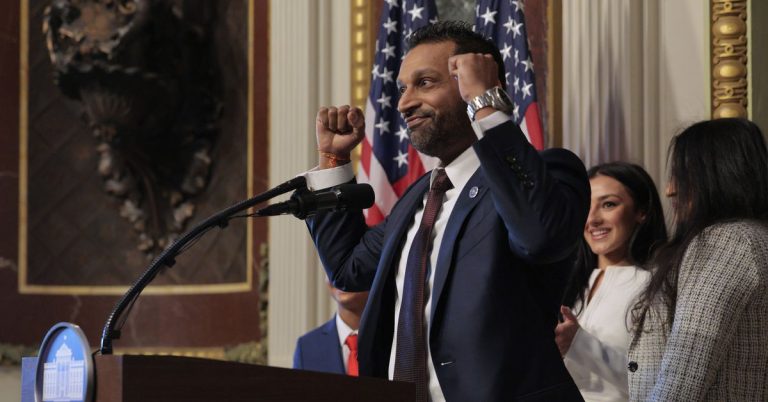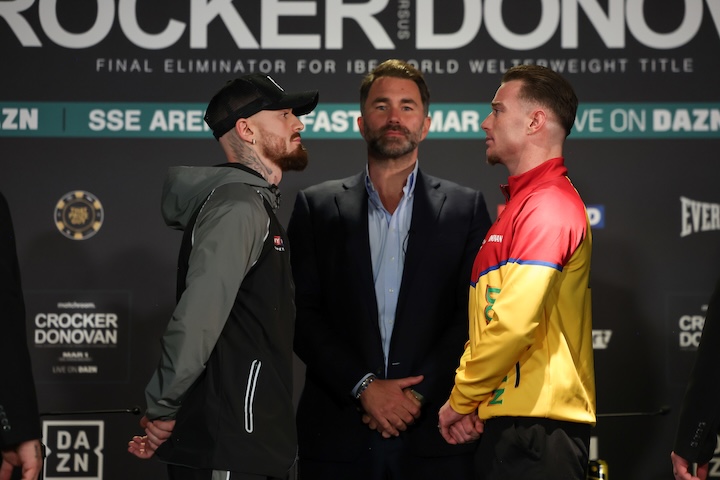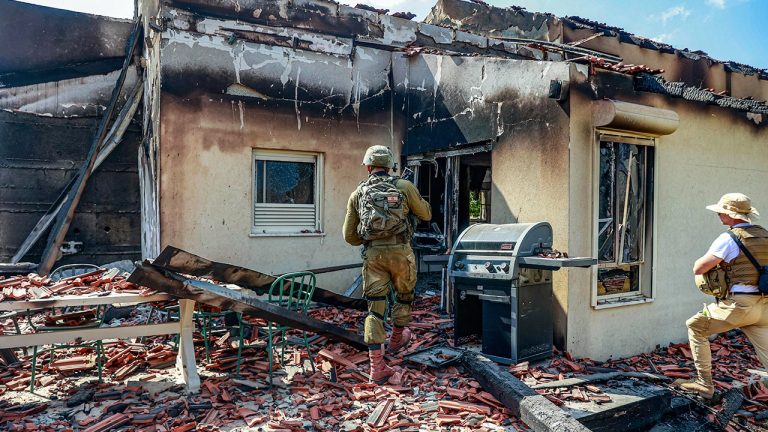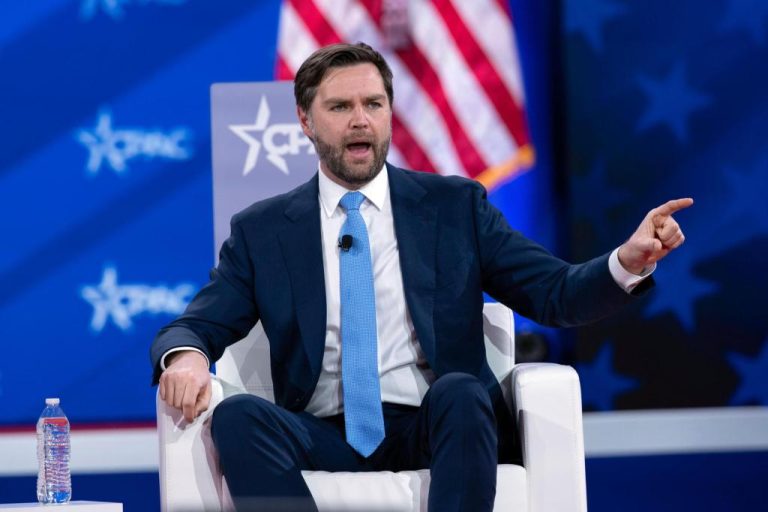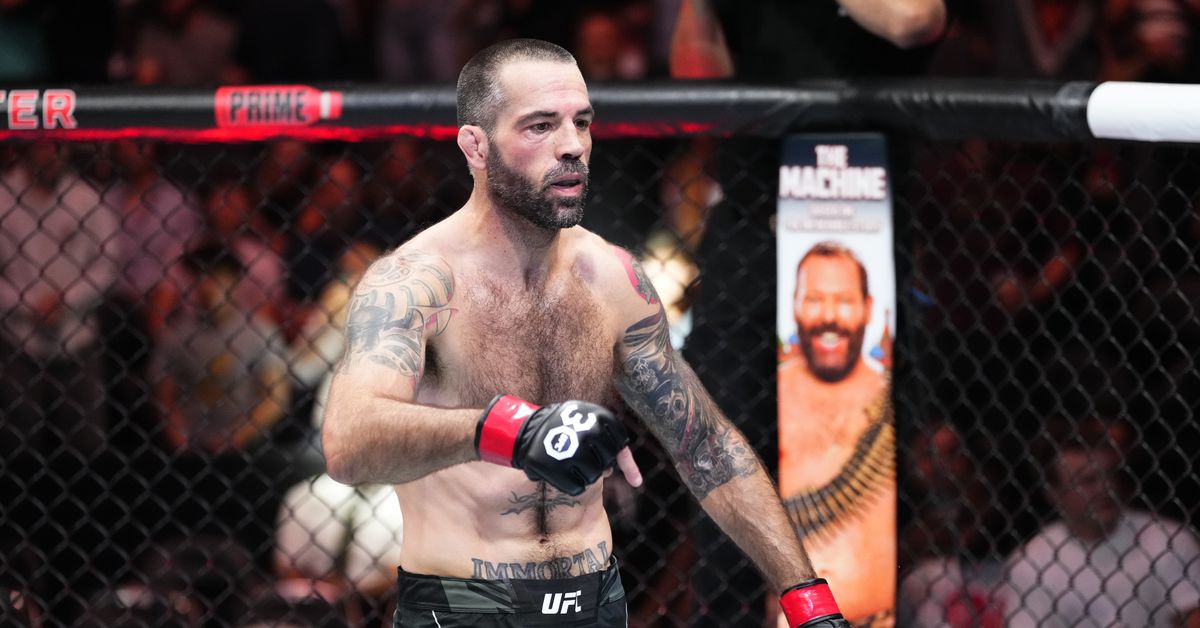
In 2001, when the UFC sold to new owners led by Frank and Lorenzo Ferttita, the promotion held a total of five events featuring 80 fights for the entire year. At the end of 2023, the UFC held 43 events with 520 total fights, including 21 title bouts between January and December.
The growth of the UFC has obviously meant expansion both in scale and scope for the events but also in the sheer amount of fighters signed to the roster. With Dana White’s Contender Series routinely adding dozens of fighters each year, along with reality shows like The Ultimate Fighter and just necessity requiring additions to help fill out a multitude of events with cards running almost every week now, the overall number of athletes under contract has ballooned to over 650 in recent months.
UFC welterweight Matt Brown, who earned a spot on the roster back in 2006, remembers what it was like in those days to get the call that you’d be joining the most prestigious MMA promotion in the world. It was an achievement just to call yourself a UFC fighter.
Of course that still matters, but Brown can’t help but notice that it seems like so many fighters today have a much easier test to ace in order to earn a passing grade to gain entry into the UFC.
“It’s not like I necessarily don’t have that respect for the guys today, but the barrier of entry is so much lower now,” Brown explained on the latest episode of The Fighter vs. The Writer. “When I was coming up, the UFC was a dream. It was the Super Bowl. You get to the UFC, you’re the f****** man.
“Now, it’s not that it’s small, it’s not a small feat, but if you’re an athlete and you get into MMA and you train hard, you’re going to have a chance at the UFC. When I was coming up, the chance to get to the UFC was a big thing. Now it’s like everybody gets the chance now.”
Even as he coaches fighters at his own gym, Brown struggles to offer the same advice to athletes today that he would have given just a few years ago when the ultimate goal was getting to the UFC.
“Nowadays, I don’t even know what to tell up and coming fighters,” Brown explained. “They’re like ‘I want to get four or five fights and then get to the UFC.’ A couple years ago, I’d be like don’t be a f****** idiot! Now I’m kind of like yeah, you might be able to do that.”
In reality, Brown knows a lot of fighters get a shot at the UFC to help fill roster spots as the number of events from year to year always seems to increase. The problem is many of those fighters aren’t really ready for that level of competition and they get bounced out after only a few fights.
The difficulty then becomes doing enough to actually earn your way back.
“I don’t really know what to tell them,” Brown said. “You’re also not going to be ready in four or five fights. Of course, you have those anomalies, the guys that are [ready], but it’s just such a different world.”
Because there are so many new fighters joining the UFC on a yearly basis, it’s getting a lot tougher to differentiate one person from the next outside of the stars that really do a good job standing out from the rest of the pack.
A huge number of new fighters get a chance to prove themselves in the UFC and that leads to a lot of inexperienced athletes decorating many of the events throughout the year. For example, the upcoming UFC Vegas 89 card features 12 fighters with four fights or less inside the octagon including five athletes with that resume on the main card.
Brown admits that in the early days when the Fertitta brothers took over the UFC, everybody was begging for more events but lately it’s nearly impossible to keep up.
“Nowadays, not even saying it’s necessarily a bad thing, but we don’t really give a s***,” Brown said. “Like these [UFC] APEX cards, there was one last weekend. I didn’t even know it was happening until I think some people texted me about it, ‘oh this guy did this’ or something. I was like I didn’t even know there were fights tonight. I’m just relaxing at home watching a f****** movie.
“We wanted fights every weekend! Like why do we have to wait another f****** two months to watch this fight? Now we’ve got it.”
Because the organization only continues to grow bigger, Brown understands that his concerns are probably only going to get met by more and more fighters being signed to the roster who probably aren’t really ready for the UFC.
That’s why he tries to offer advice to young fighters that will better prepare them for a chance to not only make it to the UFC but to stay there for more than just a few appearances.
“People ask me what’s your advice for a young fighter?” Brown said. “One of the things, I have a whole list of things that I say because I’ve been asked this question 10 gazillion times now, but one of the things, if you’re really serious about it, you need to get the experience of competition.
“You need to know how to compete. The weirdest thing I see these guys come in all the time and they want to fight straight to MMA. They’ve never done boxing or kickboxing or jiu-jitsu and they’re like ‘I want to fight MMA.’ So you want your first competition to be the most dangerous one with the highest level of consequence? It doesn’t make any sense, right? You don’t know how to compete.”
Brown also advises the next generation of fighters to understand what they’re stepping into when competing in a sport as unforgiving as MMA. Even the most talented fighters in history have faced tremendous adversity including the risk that you might get knocked out cold in front of millions of people watching around the world.
The harsh reality that comes along with the sport is probably the other lesson that Brown most hopes he can impart on anybody trying to get into the UFC.
“One of the steps is know your damn self,” Brown said. “For one, first this isn’t for everybody but second whoever you are is going to get exposed when you do go out there. You’re going to get exposed at some point.
“If you’re not comfortable with that exposure, if you’re insecure about that, you’re going to have a major problem at some point.”


